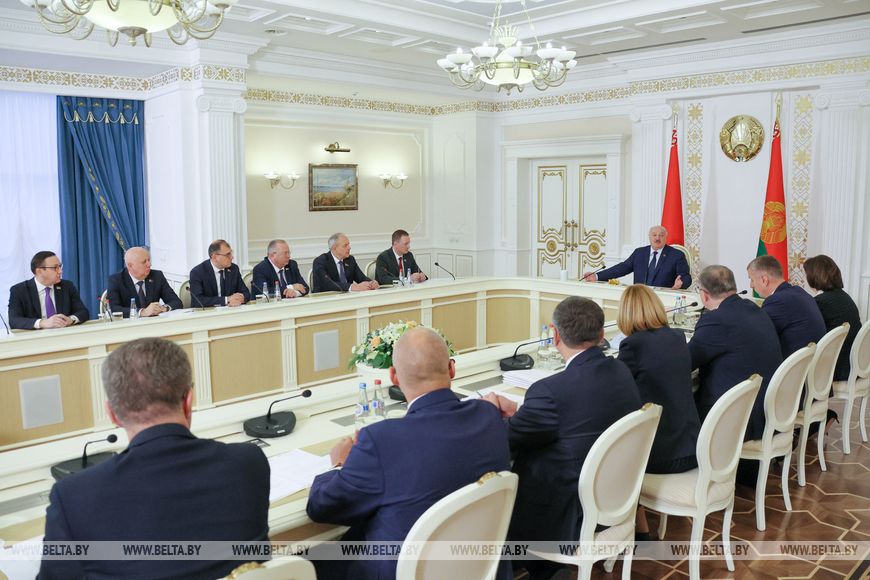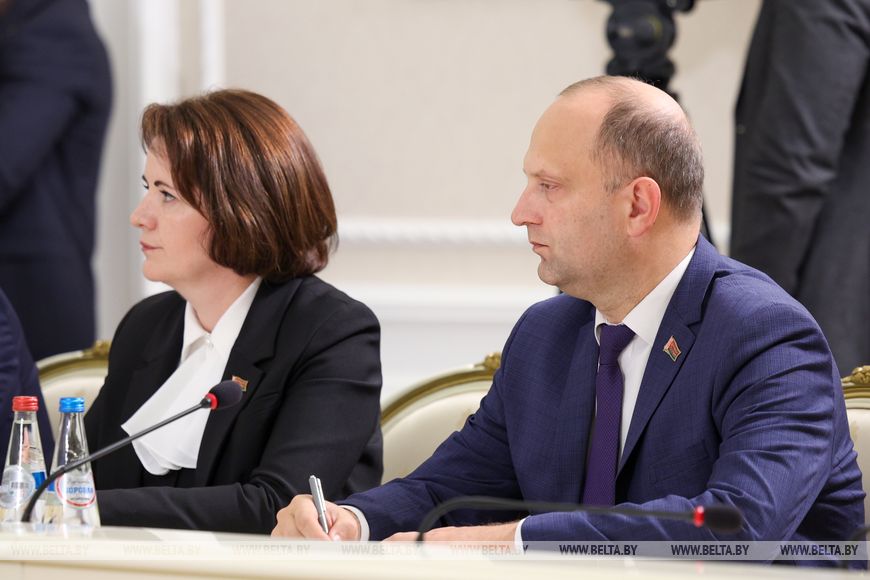
An archive photo
MINSK, 23 October (BelTA) – A draft decree “On youth support measures” which aims to create conditions for attracting and retaining young professionals at enterprises, was discussed at the meeting with the president of Belarus and the leadership of the Council of Ministers. The discussion centered on regulations governing the first job placement and employer-sponsored training agreements. The outcome was a consensus against over-regulation in this area, Labor and Social Security Minister Natalia Pavlyuchenko told journalists, BelTA reports.
“Our discussion focused on measures applicable to employers concerning the initial placement of graduates and the execution of employer-sponsored training agreements. The legal framework should refrain from excessive regulation in areas where micromanagement is unwarranted,” the minister said. “We are currently monitoring the situation and working in this direction, with an emphasis on ensuring these measures are consistent above all.”

She explained that Belarus already has a robust system of support for young professionals at their first jobs, which includes a one-time payment and monthly bonuses. She noted that certain incentives are also stipulated in collective agreements between employees and employers.
As a recent example, she cited a decree signed by Aleksandr Lukashenko introducing additional payments for certain agricultural industry workers. The document provides for an increase in the monthly bonuses for young professionals in agricultural organizations from 0.46 to 1 base rate established by the Council of Ministers for public sector employees. These payments are provided for two years from the start of employment. In addition, a monthly bonus of 0.81 base rates is available to young professionals upon completion of a two-year service requirement, provided they continue their employment for another three years.
The support system also includes fiscal measures, as young professionals are entitled to a standard tax deduction.
Additionally, an employer-sponsored training agreement may include clauses on additional stipend payments from sponsor organizations.

“All these measures are systemic,” Natalia Pavlyuchenko emphasized.













